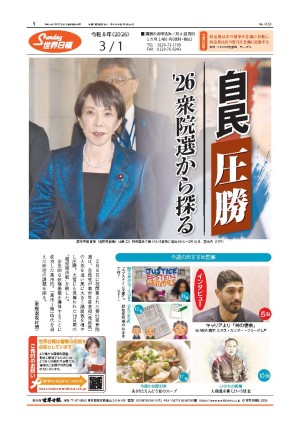民主党の「討論会」の瓦解ぶり The Democrats’ debate debacle
火曜日の夜、ミルウォーキーのウィスコンシン大学パンサーアリーナの大会で、沸き立つ聴衆に向けてトランプ氏は楽観論に満ちた演説を行ったが、その最後の30分は、アイオワ州デモインのドレイク大学に集まった民主党員らの陰気で、やたら悲観的な2時間余の討論会と重なった。
ほぼ同時に起きたとは言え、その二つのイベントにはほとんど共通点はなかった。それは、あたかも、大統領と彼の反対者は、国の状況や、世界を、望遠鏡の反対側から見ているかのようであった。
...【全文を読む】







